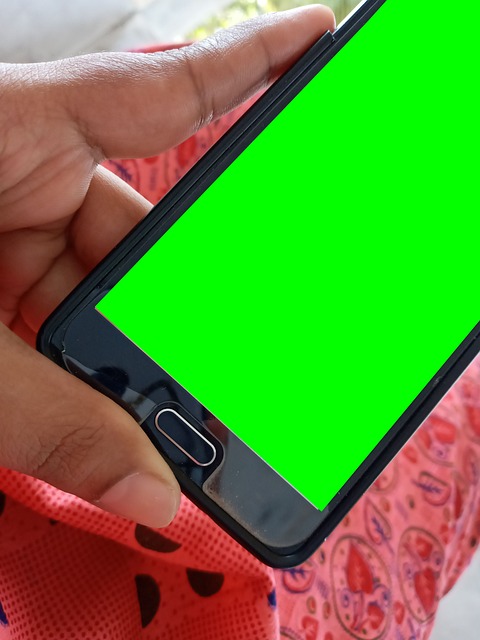Spam texts in West Virginia are illegal under the Telephone Consumer Protection Act (TCPA) and can lead to consumer rights issues. Consumers can opt-out of these messages by replying "STOP" to immediately halt campaigns. Documenting unsolicited texts, reporting them to providers, and consulting Do Not Call registries or apps helps prevent future spam. Legal action, including hiring spam texts lawyers in West Virginia specializing in TCPA cases, can stop harassment and compensate for privacy violations. Acting swiftly and knowing your rights is crucial when dealing with spam texts.
In today’s digital age, spam texts have become an increasingly prevalent nuisance. In West Virginia, consumers are protected by laws that regulate unwanted text messages. Understanding your rights is crucial when dealing with spam texts. This article delves into the legal implications of spam texts in West Virginia, outlining consumer rights and providing steps to take if you’ve received an unsolicited message. If you’re a West Virginia resident facing spam text issues, consulting with local lawyers specialized in this field can offer valuable guidance and legal recourse.
Understanding Spam Texts and Their Legal Implications in West Virginia

Spam texts, or unsolicited text messages promoting products, services, or offers, are a common annoyance for many West Virginia consumers. While they might seem like a harmless nuisance, spam texts have legal implications and can entangle individuals in complex consumer rights issues. In West Virginia, businesses engaging in these practices must adhere to strict regulations to protect consumers from deceptive marketing tactics.
Understanding the legal framework surrounding spam texts is crucial. The West Virginia Division of Securities and Commerce enforces laws that prohibit unauthorized text messaging for marketing purposes. Consumers have the right to opt-out of receiving such messages by replying “STOP” to the sender, which should instantly cease the text campaigns. If a business fails to honor this request or continues sending spam texts despite being asked to stop, individuals can file complaints with the Division and potentially seek legal recourse through a West Virginia spam text lawyer.
Consumer Rights When Dealing with Unwanted Text Messages

When dealing with unwanted text messages, also known as spam texts, consumers in West Virginia have specific rights protected by law. These rights are designed to empower individuals to take action against unsolicited messaging and hold senders accountable. According to the Telephone Consumer Protection Act (TCPA), it is illegal for businesses or individuals to send spam texts without prior consent. This means that if you have not given explicit permission for a company or person to contact you via text, they are violating your privacy rights.
If you receive spam texts in West Virginia, you can take several steps. First, document the messages by saving them and noting the sender’s information. Next, contact a reputable spam texts lawyer in West Virginia who specializes in TCPA cases. Legal experts can assist you in understanding your options, which may include requesting the sender stop contacting you or seeking compensation for each violation of your rights. Remember, knowing your consumer rights is crucial when dealing with unwanted text messages, and taking action can help prevent further harassment.
What to Do If You've Received a Spam Text: Steps and Legal Recourses

If you’ve received a spam text in West Virginia, don’t ignore it—take action. First, document the message by saving it and noting the sender’s phone number. Then, report the spam to your service provider, who can block future messages from that number. You can also use tools like Do Not Call registries or apps designed to filter out unwanted texts.
For more severe cases where you feel your privacy has been violated or you’ve received threatening or harassing spam texts, consult with lawyers specializing in West Virginia consumer law. They can guide you through legal avenues, such as filing a complaint with the Federal Trade Commission (FTC) or taking the sender to court for damages. Remember, knowing your rights and acting swiftly are crucial steps in protecting yourself from spam texts.






